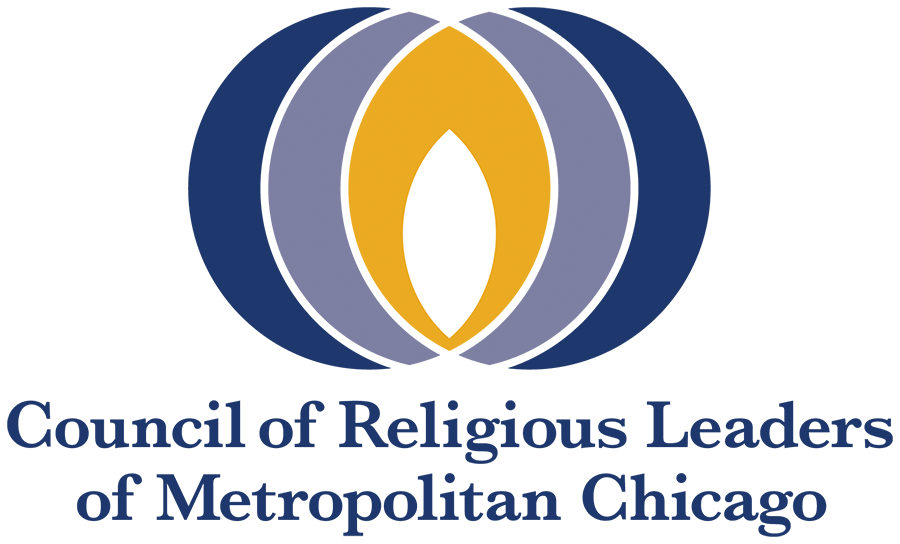Core Convictions
The religious communities which form the Council of Religious Leaders of Metropolitan Chicago share the following core convictions:
- That all human persons possess a value and dignity which is inalienable. People of faith are called to protect and defend this dignity in all situations.
- That the natural environment is our common home. People of faith are called to protect the environment and call for responsible stewardship of it.
- That justice is a fundamental and essential element of society which obliges respect for rights and responsibilities in all circumstances. People of faith are called to speak for the rights of others, to remind fellow citizens of their responsibilities to the community, and to remind the society of its obligation to foster the conditions needed to insure every person is guaranteed their due.
- The quality of justice in a society is measured by equity. In a just society, all people have equal access to a healthy environment, a safe community, educational opportunity, a sufficient and sustainable livelihood, and a social safety net.
- That over time, any society can develop structures of injustice in her laws, public policy, and institutions. Persons of faith are called to name these unjust structures and to make common cause with all people of good will to correct them.
- The inflation of power of some over others leads to a diminishment of the dignity and value of persons, communities and the environment. The most egregious expression of this inflation of power is violence. People of faith are called to follow a path of peace.
- Among the inflations of power currently at work in society, racism, sexism, and classism tear at the social fabric and make equality impossible. These things diminish both individuals and communities. It is an injustice.
- Truth and respect are also essential qualities for a healthy society. Our cherished freedoms of speech and religion depend on truth and respect.
- While our different religious communities understand ultimate reality in diverse ways, we all agree that all people are interconnected. When one suffers, we all suffer. When one rejoices, we all rejoice. This interconnection is recognized in the solidarity of the human community. We are obligated to bear witness to this solidarity, particularly in the face of injustice, persecution, or oppression. As religious communities, we carry a special responsibility for speaking against injustice between religions.
- Before we ever gathered as a council, our religious traditions already agreed on a wide set of binding values and moral standards. It is the recognition of this common agreement which is the foundation for our common voice.
- This recognition places a responsibility on us to speak and act in the public square offering pastoral counsel or suggesting action.
